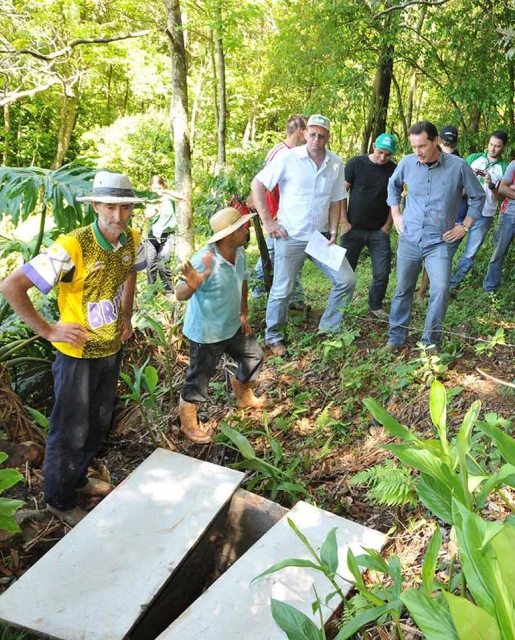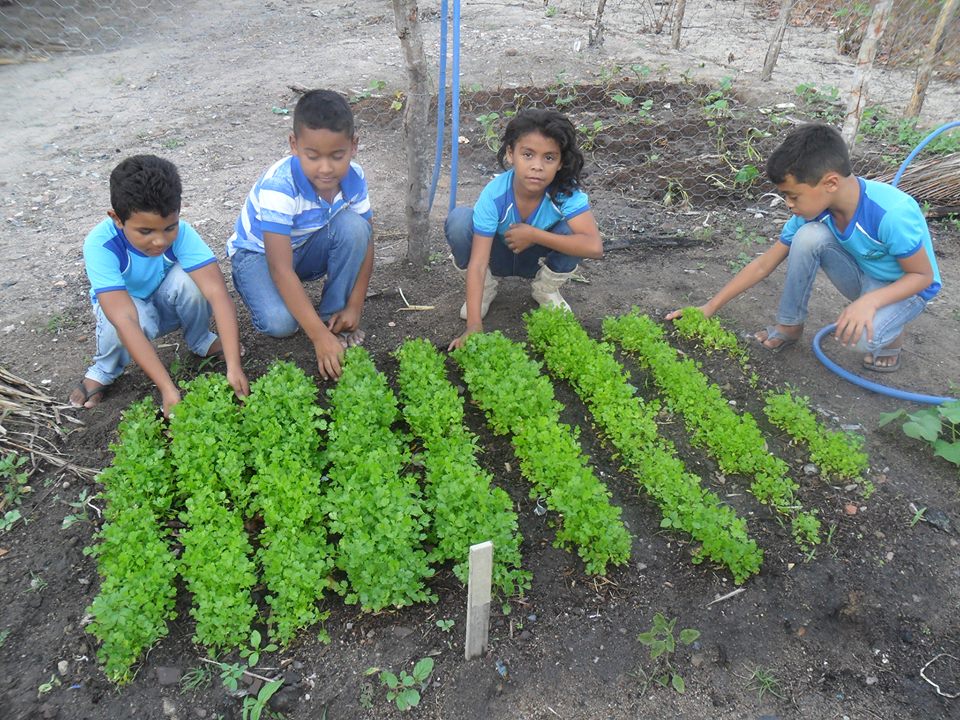More than adhering to legal compliance alone, ENGIE’s operations in Brazil and around the world seek to fulfill commitments which go beyond what is enshrined in the legislation.
All ENGIE’s projects and businesses in Brazil and the world are subject to rigorous assessment on the use of natural resources, their impacts and interrelations with the planet and people. This process begins from the design stage of a new project and persists through to its decommissioning based on the principles of “Avoid/ Reduce / Compensate.”
To this end, ENGIE has specific environmental policies for Climate, Water, Biodiversity, Air, Circular Economy, and Forests, aligned to our international commitments such as Act4Nature International, the UNO Global Compact, Global Reporting Initiative (GRI), Task Force on Climate-related Financial Disclosures (TCFD) and Task Force on Nature-Related Financial Disclosures (TNFD). To learn more about our policies, click here. clique aqui.
Biodiversity Matrix Program: Maximizing conservation in ENGIE’s projects.
In addition to specific socio-environmental monitoring programs, ENGIE is developing a program for mapping and diagnosis of the status of biodiversity in each region where its projects are located. Known as the Biodiversity Matrix, the program has as its principal objectives: the assertive targeting of investments in the particular location, making environmental constraints compatible with prioritizing conservation initiatives, improving performance indicators, and enhancing the positive impact on environmental characteristics under threat.
Learn more
Headwater Springs Conservation Program: initiatives for environmental protection and education in partnership with the local communities.
In partnership with local communities, ENGIE has already protected more than 2 thousand headwater springs in more than 14 locations since 2010. The methodology of the program varies according to the cultural, environmental, and socio-economic aspects of each region and has had the participation of 1500 families since the Program’s inception. Each mapped headwater spring is subject to analysis for contamination, water quality, air quality, infrastructural requirements for protection and/or reforestation, always combined with initiatives of environmental education and awareness in conjunction with the community.
Learn more
In its search for solutions to environmental challenges, ENGIE develops projects in partnership with Brazilian educational institutions, non-governmental organizations, associations, and research entities, always in association with the communities where it operates.
